An Accessible and Engaging Journey through Ancient Epics - "Maha Bharata" by Bharat Thakker: Book Review
Dive into a deeper exploration of Mahabharata with Bharat Thakker's insightful book. Discover its timeless wisdom and relevance in modern times.on Aug 21, 2023
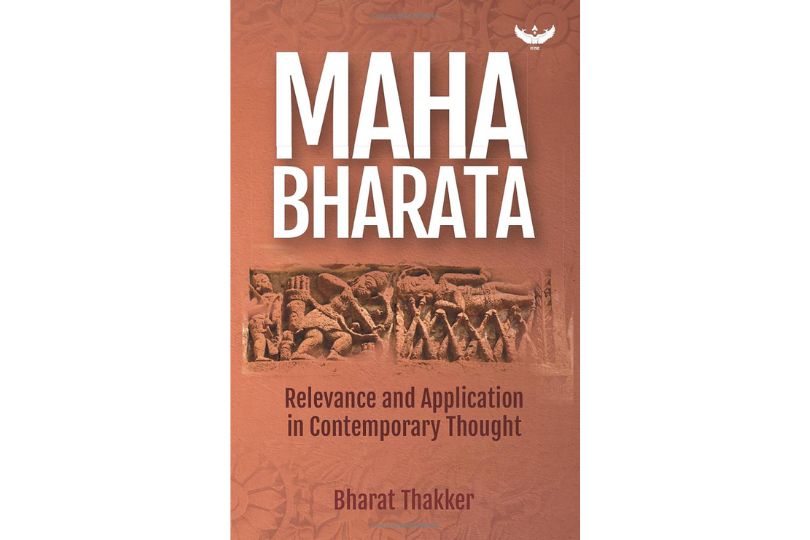
“Maha Bharata,” the epic mythology, is covered by the renowned author Bharat Thakker, but this book has more elements than the ultimate story, which we all are aware of. It reveals who we are and points us in the direction of who we can become. Bharat Thakker, a finance expert turned author, researched the epic for eight years, layer by layer, until combining his findings in his latest book, Mahabharata: Relevance and Application in Contemporary Thought (Garuda Prakashan). Bharat Thakker guided My Kolkata through his approach during a Zoom conversation from his London home, describing his deconstruction of one of the greatest stories ever told.
The author explains intellectual property using Dronacharya as a springboard. He had complete authority to teach it to whomever he chose. When Drona discovered that Ekalavya was copying his lectures without permission, he requested his thumb as gurudakshina, preventing him from ever stringing a bow again. Another aspect of intellectual property is how the owner can benefit from it. Drona's decision to have Hastinapur's Kuru princes capture King Dhrupad as gurudakshina is consistent with the law, which states that the person who gives the intellectual property has absolute control over it until his payment is discharged. It can be adapted to the modern context to demonstrate how employees of a software company do not own the software they create; it belongs to the company.``
Returning to the beginning of the epic, Mahabharat establishes the framework for Indian civilisation. He describes Shantanu's marriage to Ganga, swearing never to question her decision. When she drowns their seven sons, he remains silent, but questions her when she attempts to drown the eighth. Ganga then walks away with the child. She raises him on her own, only returning him to Shantanu when he has completed his studies. The story of Bhishma's birth teaches us that if a promise is broken, you can break the contract - in this case, the contract of marriage, and its breach leads to divorce. There is also a discussion about child custody here. The narrative emphasizes that the child's upbringing should be with his mother, where he receives his sanskar (values), and his varna (caste) from his father."
The Mahabharat's end, like its commencement, has a profound underlying meaning. Sahadev is the first to die among the brothers, signaling the death of our perspective and ability to see the future.
The book tells that when the Arjun in us succumbs, we die from inside and lose our sense of purpose and direction. Our self-abuse then reflects on our body, weakening it, Bhima. When our brain, or Yudhishthir, does not receive support from either our emotional or physical sides, it ceases to function and we die.
Another important issue in the epic is women's rights. Kunti, a widow, is not exiled. As Queen Mother, she takes an active role. The book emphasizes female agency by referring to the Hindu sacred triad of Brahma, Vishnu, and Shiv. "Brahma is linked to Saraswati, the goddess of knowledge or method."
Lakshmi, Vishnu's wife, is the goddess of riches or means, whereas Shakti, Lord Shiva's consort, is the goddess of power or motivation. Somewhere beyond the rainbow
Bharat Thakker has enumerated 200-odd observations gleaned from the epic's events in his 400-page book.
This book showcases society’s reality with the help of relatable ancient stories. He has closed the gap between the past and present wonderfully while retaining the essence of the great mythology.

.jpg)
.jpg)
.jpg)
.jpg)
.jpg)

.jpg)
.jpg)
.jpg)
.jpg)
.jpg)


_(1).jpg)
.jpg)



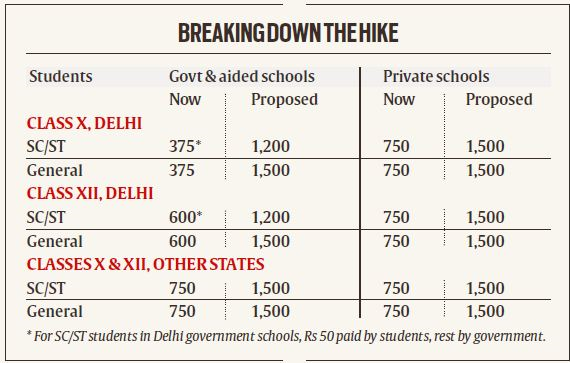
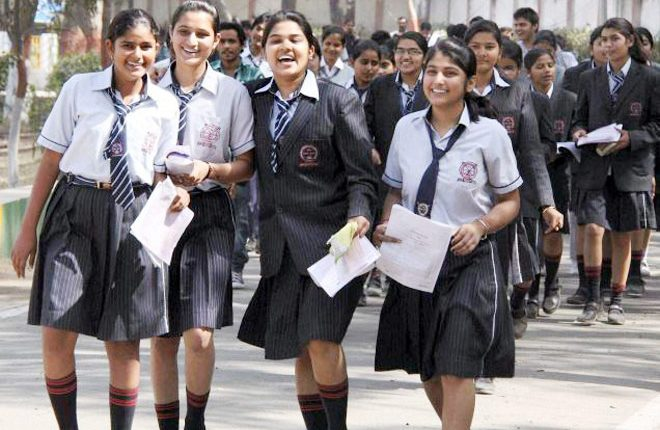
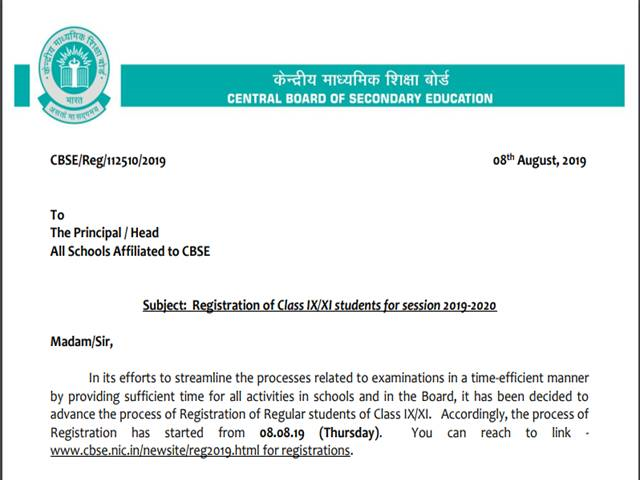


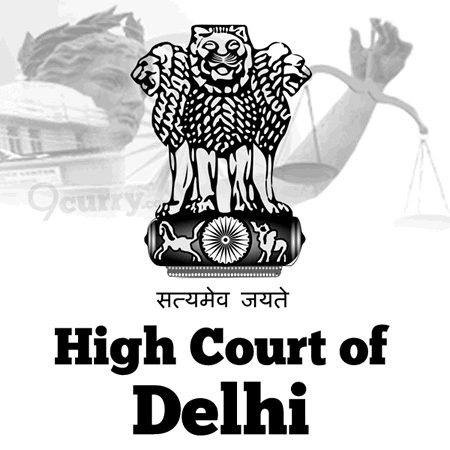
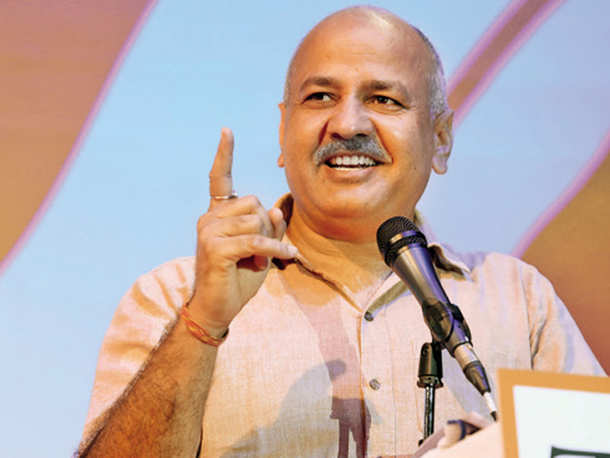

Sorry! No comment found for this post.